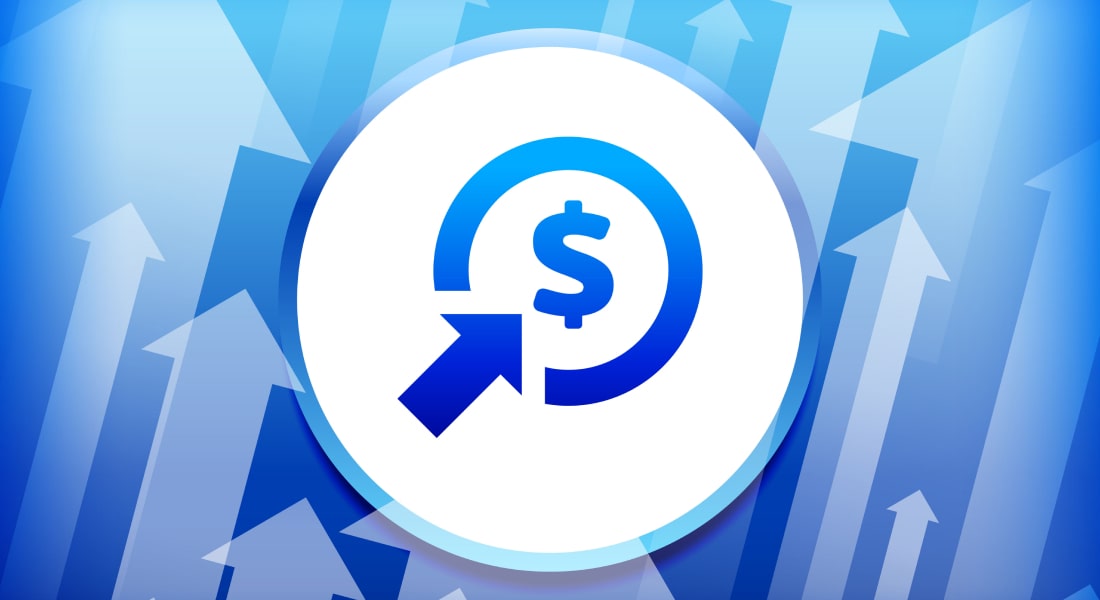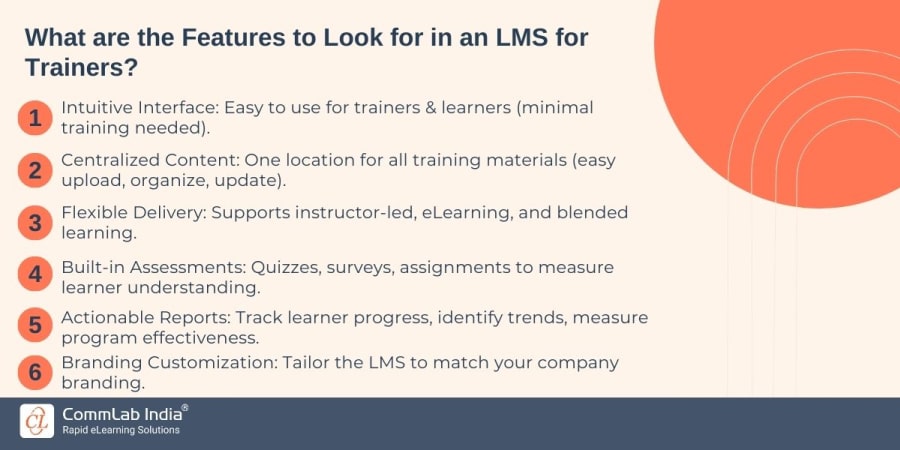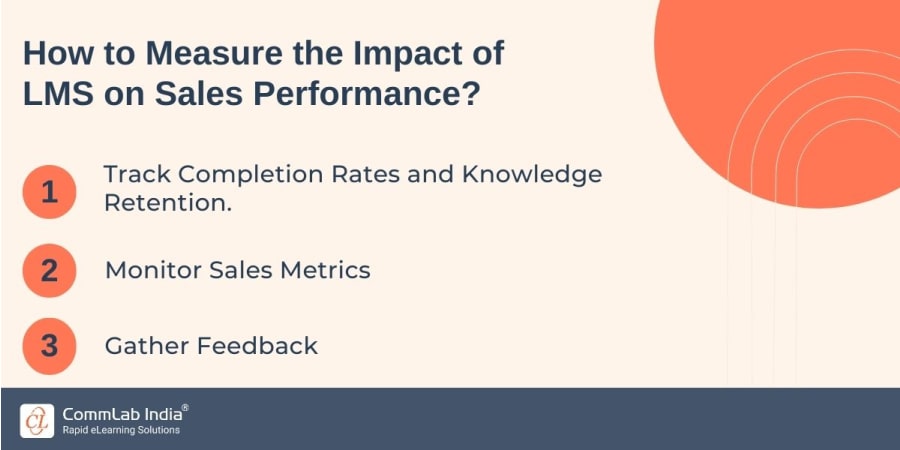How LMS Helps Make Sales Enablement Training More Impactful? Revealed!

In the cutthroat world of sales, every advantage counts. The difference between closing a deal and watching it slip away can often hinge on the knowledge, skills, and preparedness of your sales reps. That's where sales enablement comes in. It's the strategic approach that equips your team with the resources and support they need to consistently convert leads into loyal customers.
Why is it Important to Integrate LMS With Sales Enablement Training?
Imagine your reps having instant access to the latest product info, personalized coaching tips, and winning sales strategies – that's the power of an LMS integrated into your sales enablement strategy!
Let us now discuss about sales enablement and the importance of a Learning Management System (LMS) for the training -
The Evolution of Sales Enablement
Sales enablement isn't a new concept. Traditionally, it involved sales training manuals, static content libraries, and in-person coaching sessions – all valuable tools but often lacking in scalability and accessibility. The rise of digital solutions and the ever-evolving sales landscape have spurred a shift towards a more dynamic approach.
Today's sales enablement strategies leverage technology to empower your team. LMS platforms have emerged as the central hub for housing all your sales enablement content – from product demos and sales scripts to bite-sized coaching videos and interactive modules.
Why An LMS Is Crucial for Sales Enablement?
So, why is an LMS such a game-changer for sales enablement? Here are a few compelling reasons:
- Streamlined Training Process: Gone are the days of scrambling to find the right training materials or relying on outdated information. An LMS centralizes all your content in one easily accessible location, making training efficient and consistent for your entire sales team.
- Scalability: LMS platforms can accommodate growing teams without breaking a sweat. You can easily onboard new hires, roll out fresh content updates, and manage training programs at scale.
- Accessibility: Modern LMS platforms offer mobile-friendly interfaces, allowing your reps to access training materials anytime, anywhere. This is crucial for today's on-the-go sales force who might be juggling meetings, travel, and client interactions.
- Data-Driven Insights: An LMS doesn't just deliver content; it also tracks progress and performance. Robust analytics tools within the LMS platform give you valuable insights into how your reps are engaging with the training materials, helping you identify areas for improvement and optimize your sales enablement strategy.
Benefits of a Learning Management System? Uncover the Key Advantages [Video]
What are the Key Features to Look for in an LMS for Sales Enablement?
When choosing the best LMS for your needs, consider these essential features:
- Personalized Learning Paths: Tailoring the learning experience to individual strengths and weaknesses is key. A good LMS should allow you to create personalized learning paths that cater to each rep's unique needs and skill level.
- Mobile Accessibility: As mentioned earlier, mobile accessibility is no longer a nice-to-have, it's a must-have. Your reps should be able to access training content and coaching resources seamlessly on their smartphones and tablets.
- Integration Capabilities: A well-integrated LMS can seamlessly connect with your existing CRM system, marketing automation tools, and other sales enablement platforms. This allows for a more cohesive and data-driven sales approach.
- Analytics and Reporting Tools: Robust reporting functionalities are essential for measuring the impact of your LMS on sales performance. Look for a platform that provides insightful reports on learning completion rates, knowledge retention, and overall sales effectiveness.
Here are some more features to look for in an LMS:
→ Download Now: Understanding the Extended Enterprise LMS [eBook]
What are the Top LMS Platforms for Sales Enablement in 2024?
Here are a few based on recent industry rankings:
- 360Learning: Offers personalized learning paths, AI-powered content recommendations, and advanced analytics.
- Adobe Learning Manager: A powerful solution with robust content creation tools, social learning functionalities, and seamless integration with other Adobe products.
- TalentLMS: Known for affordability and ease of use, it offers core functionalities like mobile learning, gamification features, and basic reporting tools (great for smaller teams).
- EffectusLMS: Designed specifically for extended enterprise training, EffectusLMS boasts user-friendly dashboards, gamification features, and strong customization options to create a learner-centric experience.
How To Implement a New LMS Within the Sales Team?
Choosing the right LMS is just the first step. Here are some tips for a successful rollout within your sales team:
- Get Leadership Buy-In: Ensure your sales managers and leadership team understand the value proposition of the LMS and are on board with its implementation.
- Develop Engaging Content: Don't just dump dry product manuals into your LMS. Create engaging content like interactive simulations, microlearning modules, and video tutorials to keep your reps interested.
- Promote Continuous Learning: Encourage a culture of continuous learning within your sales team. Regularly update the LMS with fresh content, incentivize knowledge sharing amongst reps, and offer opportunities for ongoing coaching and development.
- Provide Ongoing Support: Don't leave your reps stranded. Offer dedicated support channels for troubleshooting technical issues, answering content-related questions, and providing guidance on navigating the LMS platform
How to Measure the Impact of LMS on Sales Performance?
The true value of your LMS lies in its ability to translate learning into tangible results. Here's how to measure the impact it has on your sales team's performance:

- Track Completion Rates and Knowledge Retention: Monitor how many reps are completing assigned training modules and assess their knowledge retention through built-in LMS quizzes or assessments.
- Monitor Sales Metrics: Look for a correlation between LMS usage and key sales metrics like conversion rates, average deal size, and sales cycle length. An increase in these metrics can be indicative of a positive impact from the LMS.
- Gather Feedback: Don't neglect the human element. Conduct surveys, hold focus groups, and solicit feedback from your sales reps on their experience with the LMS and its impact on their performance.
Parting Thoughts
In today's competitive landscape, a well-equipped sales force is the cornerstone for achieving sustainable growth. By implementing the right Learning Management System and integrating it seamlessly into your sales enablement strategy, you empower your reps with the knowledge, skills, and resources they need to thrive. Remember, a data-driven approach, ongoing engagement, and a culture of continuous learning are key to maximizing the return on investment in your LMS.
Ready to take the next step? Download your free eBook, "Understanding the Extended Enterprise LMS," and discover how this powerful solution can transform your sales enablement strategy.




![Why Should You Consider Microlearning for Sales Training [Infographic]](https://blog.commlabindia.com/hubfs/blogs/microlearning-sales-training-considerations-infographic.jpg)
![5 Strategies for Successful Sales Enablement Training [Infographic]](https://blog.commlabindia.com/hubfs/blogs/strategies-successful-sales-enablement-training-info.jpg)